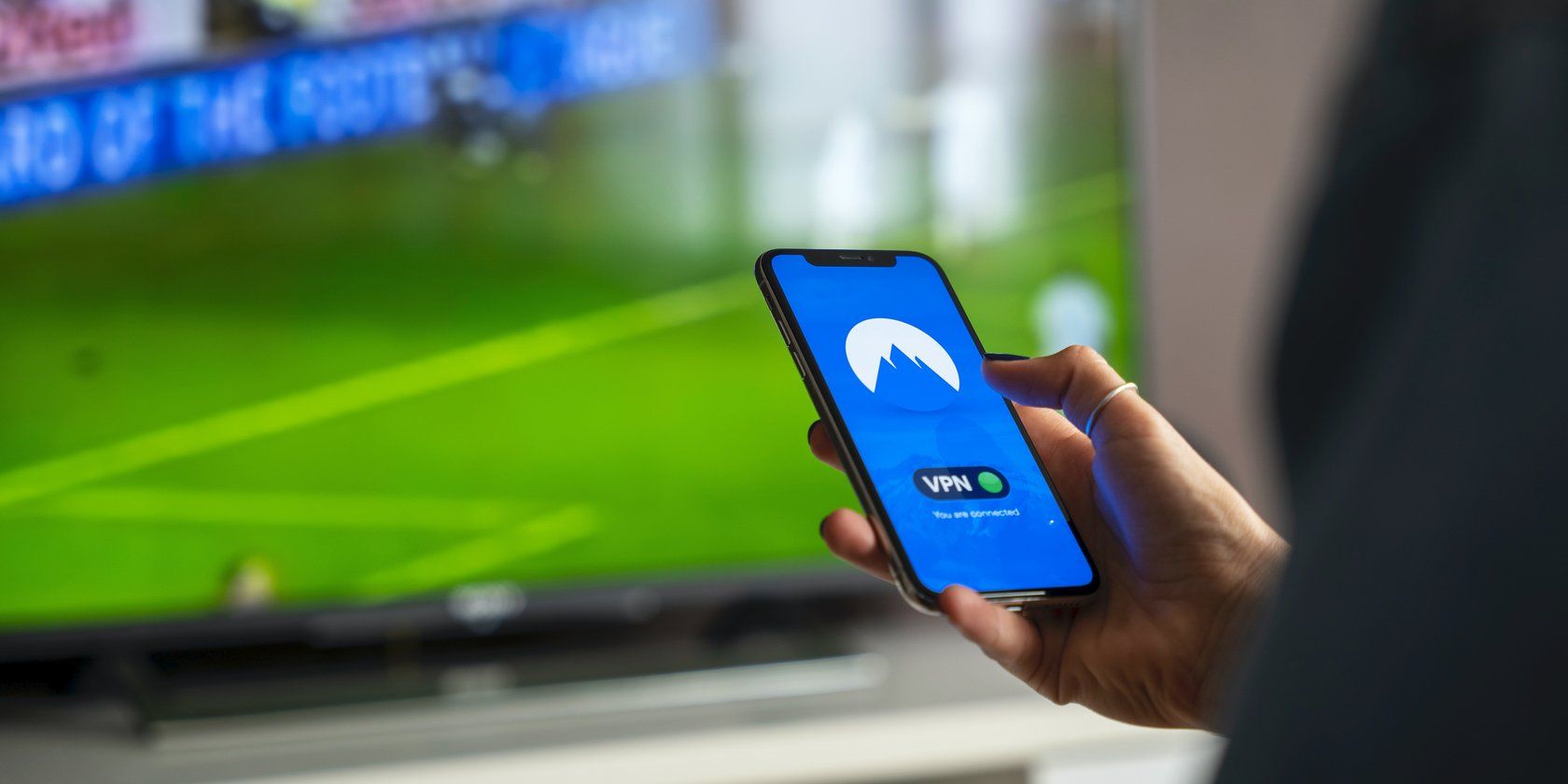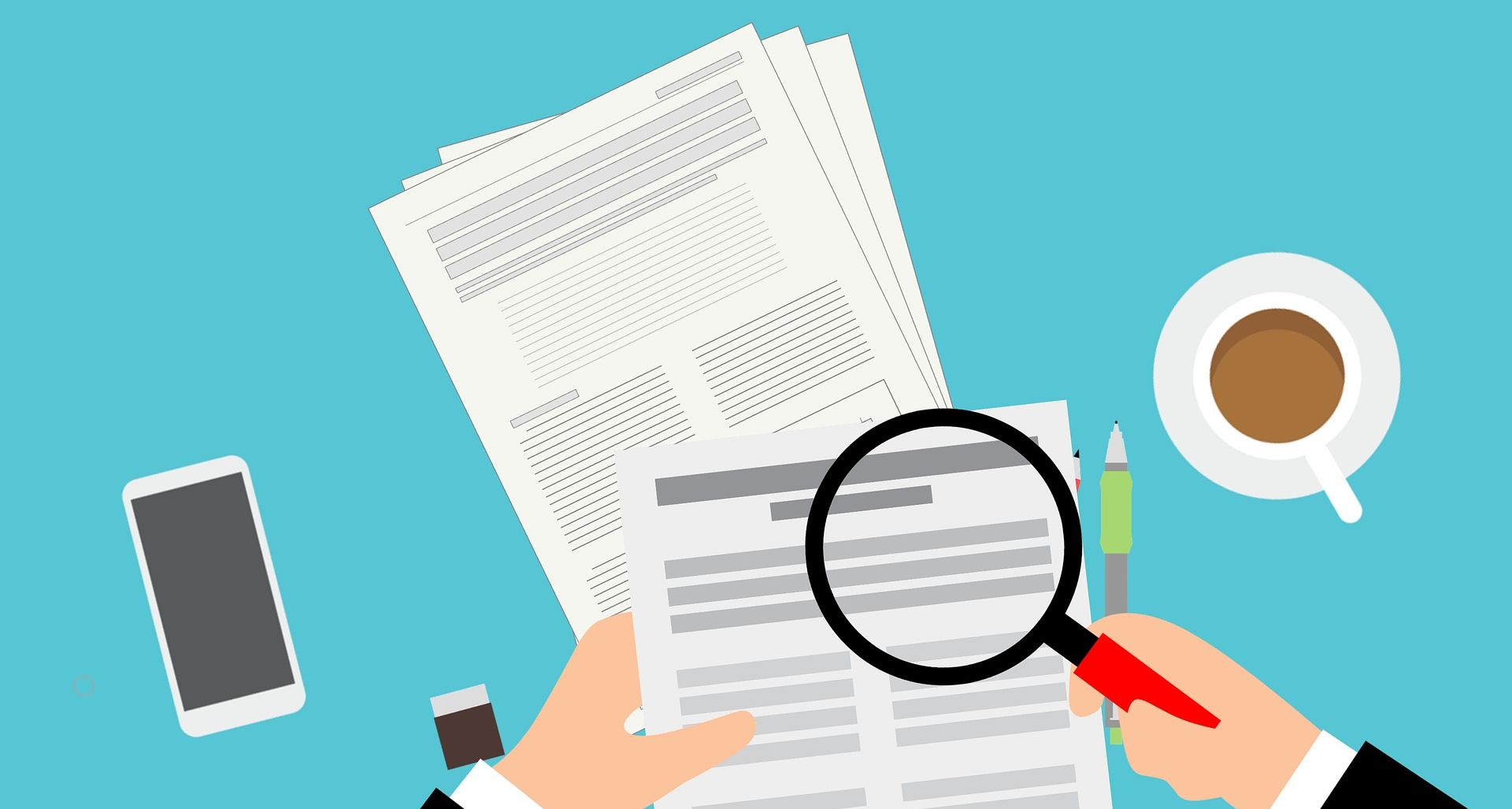VPNs are widely popular around the world, with countless people choosing such services to keep themselves safe online.
But not all VPNs are one and the same, and some are more trustworthy than others.
Independent audits can be useful here, as they help you determine whether a VPN provider is safe.

But what are independent audits, and should you only use VPN providers that have them?
What Is an Independent Audit?
Audits are official examinations of a company’s financial history, internal affairs, and other elements.

Companies can conduct internal audits, and often do.
With an independent audit, companies are assessed fairly, without the risk of bias.
In general situations, independent audits are mostly focused on finances.
But VPN audits assess the security integrity of a provider, as well as how it processes user data.
This is where VPN logs come in.
VPN logs are databases kept by certain VPN providers.
VPN logs are highly controversial, because they somewhat go against the function of VPNs as a whole.
After all, VPNs are there to encrypt and safeguard your data, so logging it defeats this purpose.
Often, independent audits are carried out to determinewhether a VPN’s no-log claims are true.
Independent VPN audits can also assess the security measures employed by a given provider.
Should You Only Use Independently-Audited VPNs?
In short, it’s a good idea to use VPN services that have been independently audited.
A non-biased and fair examination can verify whether a VPN is legitimate, and whether it can be trusted.
However, the lack of independent audits does not confirm that a VPN provider cannot be trusted.
What it does mean is that an independent assessor hasn’t looked over the company as a whole.